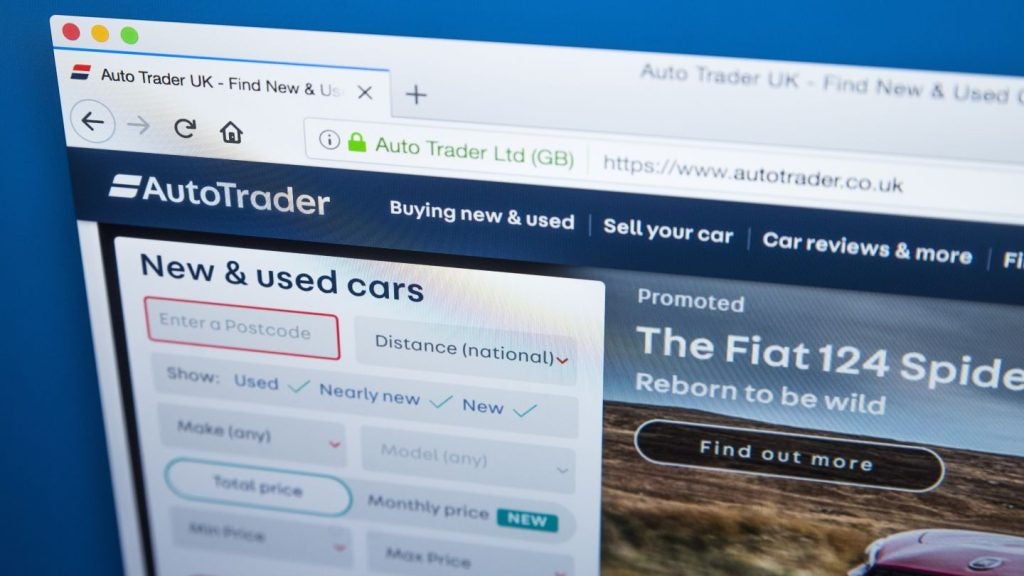
The future of vehicle remarketing lies with technology innovation and a more online-based approach, enhancing efficiency and availability for consumers.
The remarketing of a vehicle is the disposal of fleet and leasing vehicles once their fixed term lease has expired.
Once the lease has expired, the lessee has the option to purchase the vehicle or return it to the supplier. The supplier will then work with industry intermediaries to sell the returned units on their behalf, quickly and in high volume.
The remarketing sector has enjoyed renewed success in recent months due to a range of factors. Ongoing economic uncertainty has placed a renewed focus for suppliers on maximising value on existing assets, according to the Vehicle Remarketing Association.
Meanwhile, advancements in technology have also supported growth in the market, laying the foundation for greater ease for the consumer in the future. This improvement in customer experience has snowballed, with rising customer expectations encouraging a higher standard of service.
Aston Barclay for example, recently launched an online virtual action platform, which allows vendors to auction off vehicles directly from de-fleet and refurbishment centres, without the need to move stock to a physical site.

US Tariffs are shifting - will you react or anticipate?
Don’t let policy changes catch you off guard. Stay proactive with real-time data and expert analysis.
By GlobalData“Selling the cars online offers them out to a wider geographic buyer base which adds a different dynamic to a normal physical sale,” Aston Barclay chief executive Neil Hodson said. “Future platform development will enable vendors to offer stock just to selected or invited buyers.”
Innovation at a cost
However, digitalisation of the market risks eroding the role of intermediaries. Auto Trader launched an online platform in 2018 enabling fleet companies to sell de-fleeted vehicles directly to dealers, bypassing auction houses.
“We saw there was an opportunity to do things more efficiently,” said Auto Trader’s business development director, Ed Hummel. “We believe we can at least halve this time by using a proper digital, data-driven process. If we shorten the period, leasing companies will soon benefit from a better selling price and cash in their bank sooner.”
Various fleet and leasing companies have been pivoting alternatives to auctions for the disposal of vehicles. LeasePlan for example, is now remarketing directly to consumers through its CarNext retail platform. The online service allows customers to lease vehicles on subscription packages – a first for the second-hand car market.
The company said CarNext could count on a “guaranteed supply” of 250,000 ex-lease vehicles coming back to the company every year. It added that during the pilot phase, CarNext grew the company’s penetration of B2C sales in Europe from 7% to an estimated 15%.
WLTP difficulties
Some figures from the industry believe that the implementation of the Worldwide Harmonized Light Vehicles Test Procedure (WLTP) could make it harder for remarketing companies to find new stock.
“Many car makers have experienced delays in being able to build new cars based on the introduction of the new WLTP legislation in September, which has meant dealers have been unable to sell some new models,” said Martin Potter, group operations director for Aston Barclay. “Fleets, meanwhile, have had to extend their leasing contracts as new cars have not been available to order.
“The impact is that more franchised dealers are buying nearly-new and ex-fleet used cars to sell to those consumers who do not want to wait a few months for their new car. This has reduced stocking days of used cars in the late and low, and fleet sectors by 4 days and 1.6 days respectively.”







